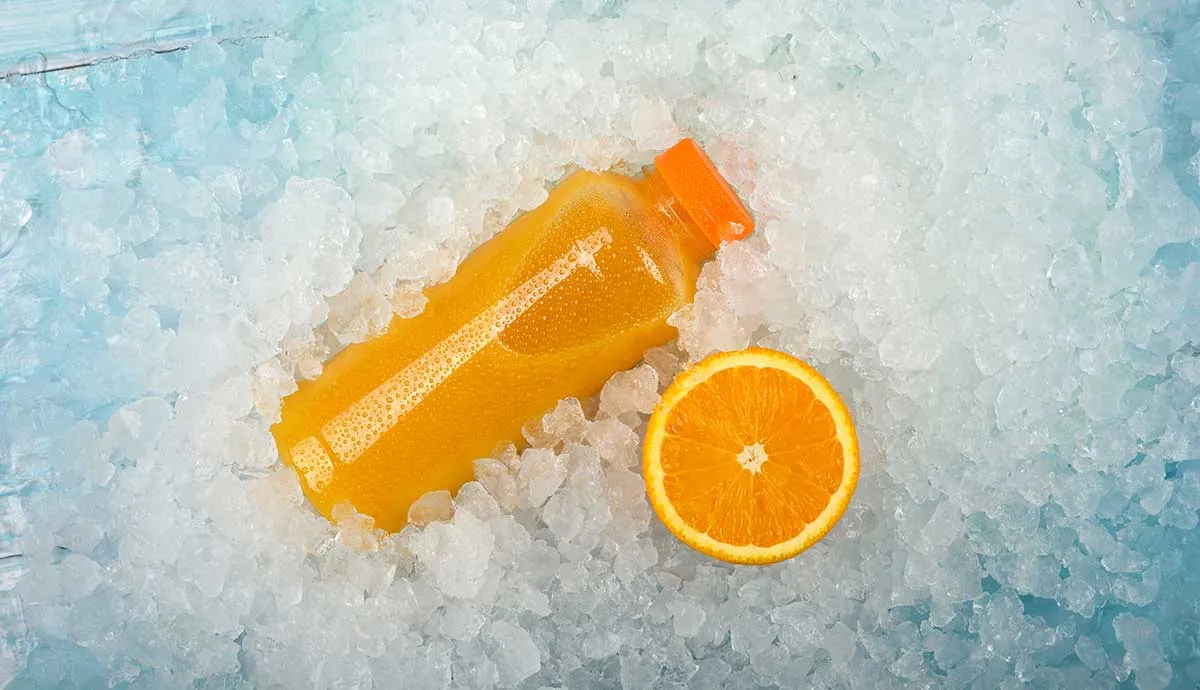Summary: The German Government has amended its 2019 Packaging Act towards a plastics circular economy. Avient welcomes the changes and is excited to be part of the solution to help meet Germany’s ambitious sustainability targets.
We all know that COVID-19 has had far-reaching global health and economic consequences. Beyond these, one clear impact of the pandemic has been on the packaging industry, where vastly increased e-commerce and the focus on hygiene has shown, for example, PET bottles and containers to be an ideal solution to shifting consumer and regulatory trends.
This comes as the German Bundestag has passed an amendment to the country’s 2019 Packaging Act, aimed at both avoiding, and recycling, packaging waste to reduce its impact on the environment, a move that will make PET packaging even more sustainable.
On the juice
Some of the changes that will come into force as a result include the expansion of the deposit system to all non-returnable plastic beverage bottles, with non-carbonated fruit juice packaging joining carbonated drinks packaging in the scheme. Additionally, new minimum recycled content thresholds will mean that from 2025 there will be a sales ban on PET bottles containing less than 25% recycled plastics, increasing to 30% in 2030. The plastic packaging recycling target in Germany will rise to 63% from 2022 and the new law also introduces incentives for packaging producers to incorporate recyclability considerations into their packaging design, and to use recycled or renewable materials.
As a result, stakeholders across the plastics value chain in Germany expect PET juice bottles that were previously not entering the bottle-to-bottle recycling stream, to now do so, significantly increasing the amount of rPET in bottle applications than are already present in the market.
Avient Design for Circularity
This is where Avient’s sustainable material science solutions come into the picture. We provide customers with additives, scavengers, and toners that improve the quality of recycled PET. For example, part of the ColorMatrix™ Amosorb™ range, Amosorb 4020R is an oxygen scavenger technology that helps maintain full oxygen scavenging functionality, even in bottles containing up to 100% recycled content. It also minimizes the color and haze challenges due to inconsistencies in rPET quality, in fact, bottles produced with ColorMatrix™ Amosorb™ 4020R, in combination with rPET content, show minimal colour degradation when processed through existing recycle streams.
For brand owners seeking to maximize their rPET usage up to 100% to achieve sustainability and recyclability targets, Amosorb 4020R offers a cost-effective solution with reliable oxygen scavenging performance with reduced yellowness and improved haze levels on final bottles.
Avient’s additives can improve processability during the bottle blowing phase and improve the mechanical strength of bottles. SmartHeat RHC, for example, is a process aid for use in PET bottles and is particularly beneficial when using rPET. SmartHeat RHC also allows for a reduction in energy during the bottle blowing process, helping to reduce carbon emissions.
A focus on R&D
With our R&D focus on innovative chemistry to tackle and overcome the plastics recycling challenge Avient has officially opened our new CycleWorks facility in northern Italy. The demonstration plant mimics real world recycling in a research environment and is expected to play a significant role in the drive towards a circular economy.
This high-tech facility is helping us to understand the chemistry of polymers in the mechanical recycling process to see how and where problems occur. It has already started producing useful data and we will use this to continue to develop new and unique masterbatch solutions with proven science behind how they perform during recycling processes, offering customers a portfolio certified by the laboratory. We expect to introduce more products throughout 2021 as new data is generated.
We are proud that our solutions are helping stakeholders across the plastics value chain, in Germany and globally on the journey towards a plastics circular economy.
Sources:
1) https://verpackungsgesetz-info.de/wp-content/uploads/2021/06/twopager-packaging-amendment-1.pdf
2) https://ec.europa.eu/commission/presscorner/detail/en/IP_18_3846
3) https://verpackungsgesetz-info.de/en/#verpackungsgesetz
